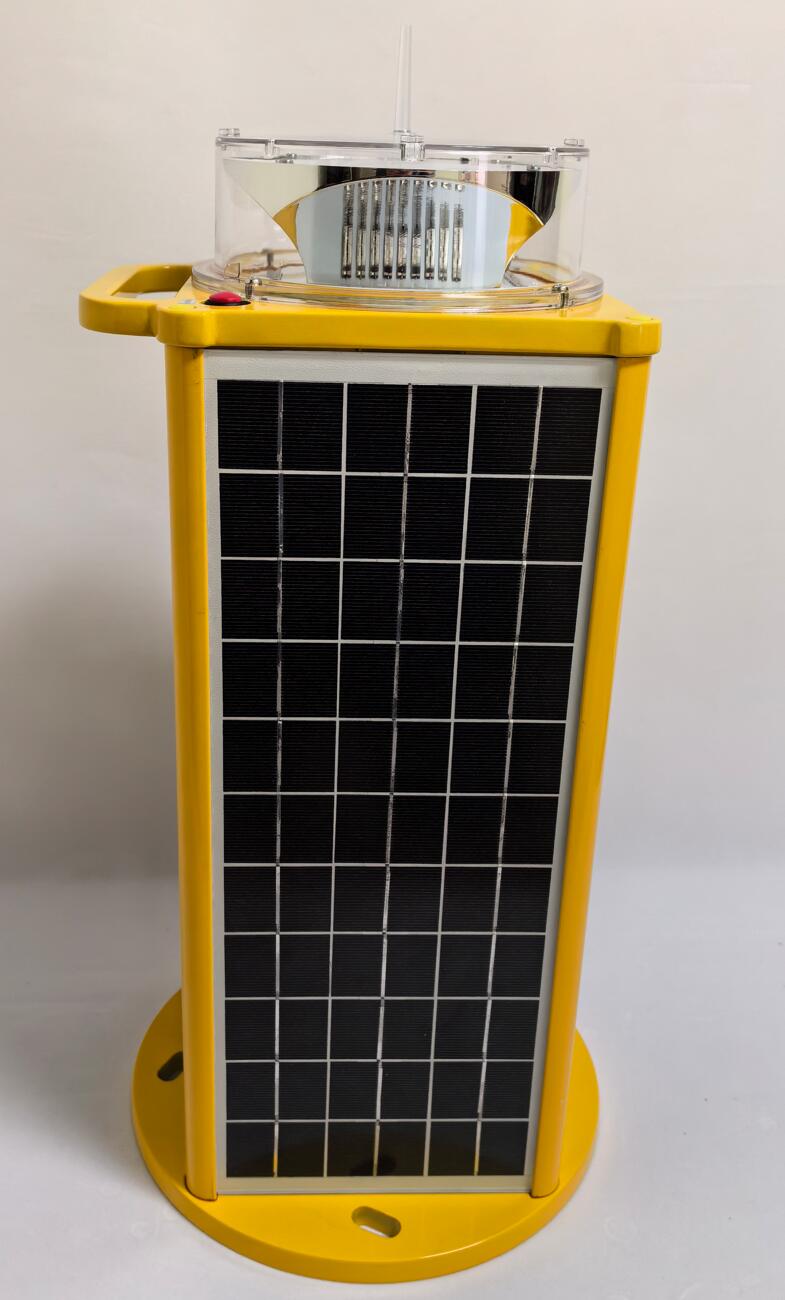Marine Solar Kit: Powering the Future of Sustainable Boating
As the world shifts towards renewable energy, the marine industry is embracing innovative solutions to reduce its environmental footprint. Among these, the marine solar kit has emerged as a game-changer, offering boat owners a reliable and eco-friendly way to generate power on the water. This article explores the benefits, components, and applications of marine solar kits, as well as their role in promoting sustainable boating practices.
The Rise of Marine Solar Kits
Boating enthusiasts and commercial operators alike are increasingly turning to solar energy to meet their power needs. A marine solar kit provides a self-sufficient energy solution, harnessing the sun’s power to charge batteries, run onboard appliances, and reduce reliance on fossil fuels. Whether for leisure boats, yachts, or fishing vessels, marine solar kits are transforming the way we think about energy on the water.
Key Components of a Marine Solar Kit
A typical marine solar kit includes several essential components designed to work seamlessly in marine environments:
Solar Panels: The heart of the kit, solar panels capture sunlight and convert it into electrical energy. Marine-grade panels are built to withstand harsh conditions, including saltwater exposure, UV radiation, and extreme temperatures.
Charge Controller: This device regulates the flow of electricity from the solar panels to the batteries, preventing overcharging and ensuring optimal battery performance.
Batteries: Marine solar kits often include deep-cycle batteries designed to store the energy generated by the solar panels. These batteries provide power even when the sun isn’t shining.
Inverter: For boats that require AC power, an inverter converts the DC electricity stored in the batteries into usable AC power for appliances and electronics.
Mounting Hardware: Durable mounting systems ensure that solar panels are securely installed on the boat, whether on the deck, bimini top, or other suitable surfaces.
Wiring and Connectors: High-quality, corrosion-resistant wiring and connectors are essential for maintaining a reliable electrical connection in marine environments.

Benefits of Using a Marine Solar Kit
Marine solar kits offer numerous advantages for boat owners, making them an attractive alternative to traditional power sources:
Eco-Friendly Energy: By harnessing solar power, marine solar kits reduce greenhouse gas emissions and dependence on fossil fuels, contributing to a cleaner environment.
Cost Savings: Once installed, a marine solar kit generates free energy, significantly reducing fuel and battery replacement costs over time.
Quiet Operation: Unlike generators, solar panels operate silently, enhancing the boating experience by eliminating noise pollution.
Low Maintenance: Marine solar kits are designed for durability and require minimal maintenance, making them a hassle-free energy solution.
| marine solar kit | marine solar kits |
Energy Independence: With a marine solar kit, boaters can enjoy extended trips without worrying about running out of power or finding charging stations.
Applications of Marine Solar Kits
Marine solar kits are versatile and can be used in a variety of marine applications:
Recreational Boating: From small sailboats to luxury yachts, marine solar kits provide a reliable power source for lighting, navigation systems, and onboard appliances.
Fishing Vessels: Solar power can support essential equipment like fish finders, radios, and refrigeration systems, ensuring a successful and sustainable fishing operation.
Commercial Shipping: Larger vessels can use marine solar kits to supplement their power needs, reducing fuel consumption and operational costs.
Houseboats and Liveaboards: For those who live on their boats, marine solar kits offer a sustainable way to power daily activities, from cooking to entertainment.
Emergency and Rescue Boats: Solar-powered systems ensure that emergency vessels remain operational even in remote or disaster-stricken areas.
Choosing the Right Marine Solar Kit
Selecting the appropriate marine solar kit depends on several factors, including the size of the boat, energy requirements, and budget. Here are some key considerations:
Energy Needs: Calculate the total power consumption of your boat’s appliances and systems to determine the size and capacity of the solar kit required.
Boat Size and Space: Ensure the solar panels and other components can be properly installed without compromising the boat’s functionality or aesthetics.
Durability: Choose a marine solar kit with components specifically designed to withstand marine conditions, such as saltwater corrosion and UV exposure.
Ease of Installation: Look for kits that come with clear instructions and all necessary hardware for a straightforward installation process.
Warranty and Support: Opt for products from reputable manufacturers that offer warranties and reliable customer support.
The Future of Marine Solar Kits
As solar technology continues to advance, marine solar kits are becoming more efficient, affordable, and accessible. Innovations such as flexible solar panels, integrated energy management systems, and improved battery storage are paving the way for even greater adoption in the marine industry. Additionally, the growing emphasis on sustainability is driving demand for eco-friendly energy solutions, making marine solar kits a key player in the future of boating.
The marine solar kit is revolutionizing the way boaters generate and use power on the water. By providing a clean, cost-effective, and reliable energy source, these kits are helping to reduce the environmental impact of boating while enhancing the overall experience. Whether for recreational, commercial, or emergency use, marine solar kits offer a sustainable solution that aligns with the global shift towards renewable energy. As technology continues to evolve, marine solar kits will undoubtedly play an increasingly important role in powering the future of sustainable boating. For boat owners looking to embrace green energy, investing in a marine solar kit is a smart and forward-thinking choice.
